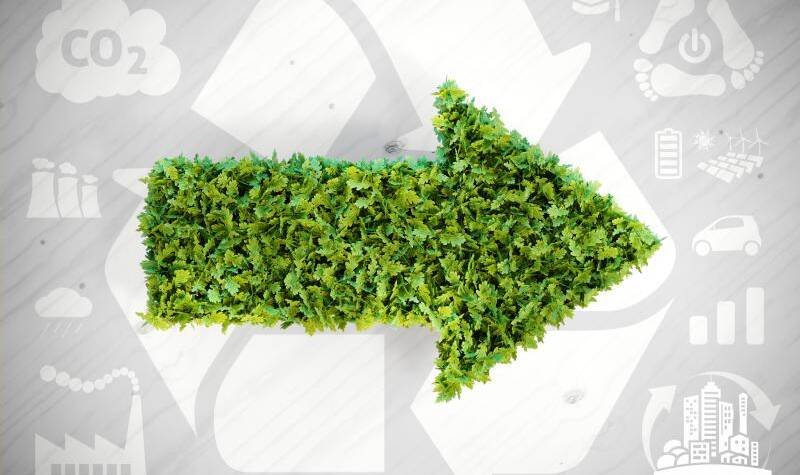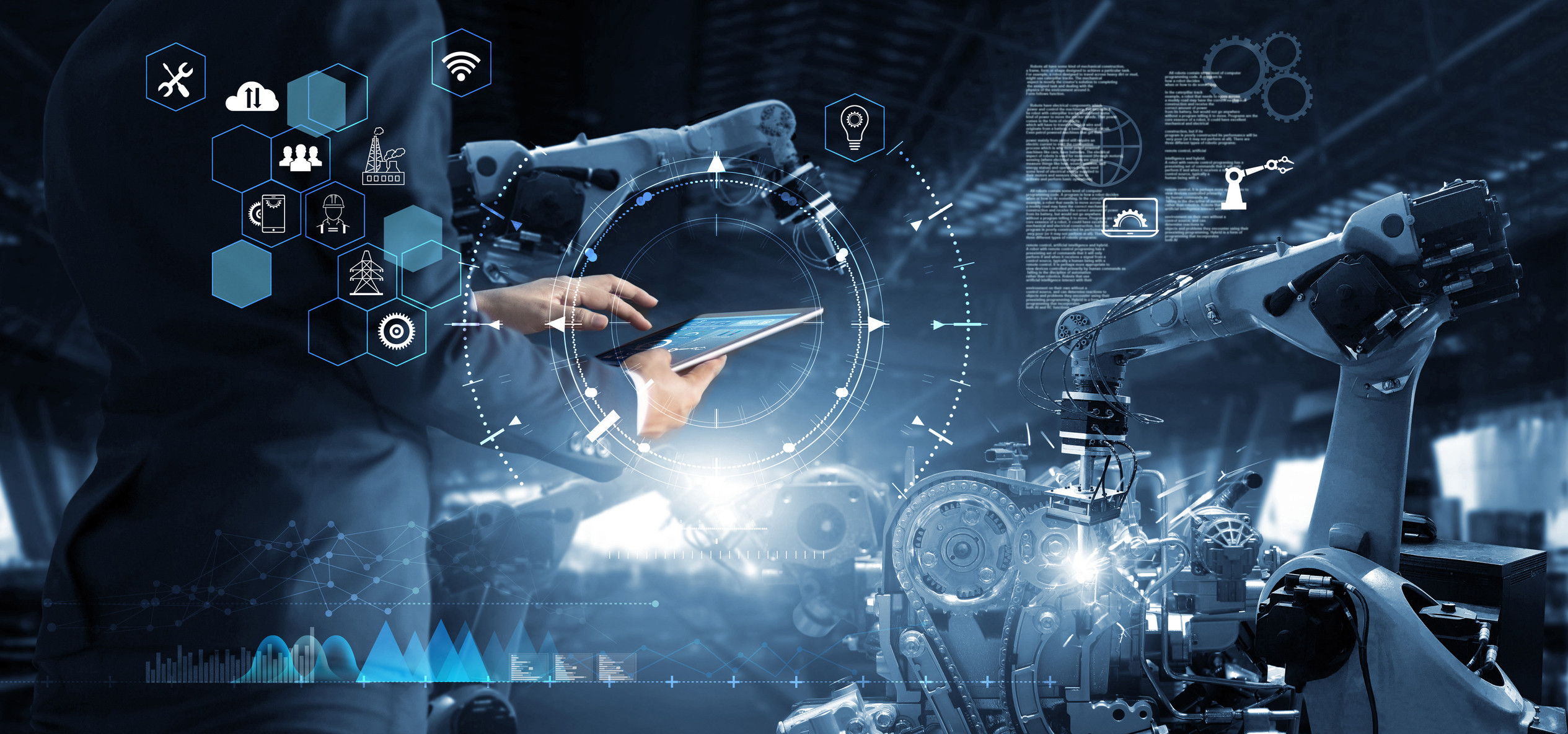
- We asked our 2020 intake of Technology Pioneers for their views on how technology will change the world in the next five years.
- From quantum computers and 5G in action to managing cancer chronically, here are their predictions for our near-term future.

1. AI-optimized manufacturing
Paper and pencil tracking, luck, significant global travel and opaque supply chains are part of today’s status quo, resulting in large amounts of wasted energy, materials and time. Accelerated in part by the long-term shutdown of international and regional travel by COVID-19, companies that design and build products will rapidly adopt cloud-based technologies to aggregate, intelligently transform, and contextually present product and process data from manufacturing lines throughout their supply chains. By 2025, this ubiquitous stream of data and the intelligent algorithms crunching it will enable manufacturing lines to continuously optimize towards higher levels of output and product quality – reducing overall waste in manufacturing by up to 50%. As a result, we will enjoy higher quality products, produced faster, at lower cost to our pocketbooks and the environment.
Anna-Katrina Shedletsky, CEO and Founder of Instrumental

2. A far-reaching energy transformation
In 2025, carbon footprints will be viewed as socially unacceptable, much like drink driving is today. The COVID-19 pandemic will have focused the public’s attention on the need to take action to deal with threats to our way of life, our health and our future. Public attention will drive government policy and behavioural changes, with carbon footprints becoming a subject of worldwide scrutiny. Individuals, companies and countries will seek the quickest and most affordable ways to achieve net-zero – the elimination of their carbon footprint. The creation of a sustainable, net-zero future will be built through a far-reaching energy transformation that significantly reduces the world’s carbon emissions, and through the emergence of a massive carbon management industry that captures, utilizes and eliminates carbon dioxide. We’ll see a diversity of new technologies aimed at both reducing and removing the world’s emissions – unleashing a wave of innovation to compare with the industrial and digital Revolutions of the past.
Steve Oldham, CEO of Carbon Engineering

3. A new era of computing
By 2025, quantum computing will have outgrown its infancy, and a first generation of commercial devices will be able tackle meaningful, real-world problems. One major application of this new kind of computer will be the simulation of complex chemical reactions, a powerful tool that opens up new avenues in drug development. Quantum chemistry calculations will also aid the design of novel materials with desired properties, for instance better catalysts for the automotive industry that curb emissions and help fight climate change. Right now, the development of pharmaceuticals and performance materials relies massively on trial and error, which means it is an iterative, time-consuming and terribly expensive process. Quantum computers may soon be able to change this. They will significantly shorten product development cycles and reduce the costs for R&D.
Thomas Monz, Co-Founder and CEO of Alpine Quantum Technologies

4. Healthcare paradigm shift to prevention through diet
By 2025, healthcare systems will adopt more preventative health approaches based on the developing science behind the health benefits of plant-rich, nutrient-dense diets. This trend will be enabled by AI-powered and systems biology-based technology that exponentially grows our knowledge of the role of specific dietary phytonutrients in specific human health and functional outcomes. After the pandemic of 2020, consumers will be more aware of the importance of their underlying health and will increasingly demand healthier food to help support their natural defences. Armed with a much deeper understanding of nutrition, the global food industry can respond by offering a broader range of product options to support optimal health outcomes. The healthcare industry can respond by promoting earth’s plant intelligence for more resilient lives and to incentivize people to take care of themselves in an effort to reduce unsustainable costs.
Jim Flatt, Co-Founder and CEO of Brightseed

5. 5G will enhance the global economy and save lives
Overnight, we’ve experienced a sharp increase in delivery services with a need for “day-of” goods from providers like Amazon and Instacart – but it has been limited. With 5G networks in place, tied directly into autonomous bots, goods would be delivered safely within hours.
Wifi can’t scale to meet higher capacity demands. Sheltering-in-place has moved businesses and classrooms to video conferencing, highlighting poor-quality networks. Low latency 5G networks would resolve this lack of network reliability and even allow for more high-capacity services like telehealth, telesurgery and ER services. Businesses can offset the high cost of mobility with economy-boosting activities including smart factories, real-time monitoring, and content-intensive, real-time edge-compute services. 5G private networks make this possible and changes the mobile services economy.
The roll-out of 5G creates markets that we only imagine – like self-driving bots, along with a mobility-as-a-service economy – and others we can’t imagine, enabling next generations to invent thriving markets and prosperous causes.
Maha Achour, Founder and CEO of Metawave

6. A new normal in managing cancer
Technology drives data, data catalyzes…
Privacy 2024 Recap – some significant decisions, slow progress for reform
The past year saw a few court decisions of note as well as halting progress toward privacy…













